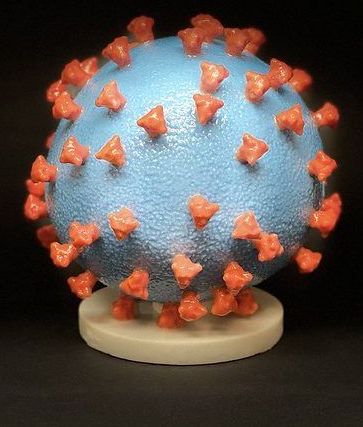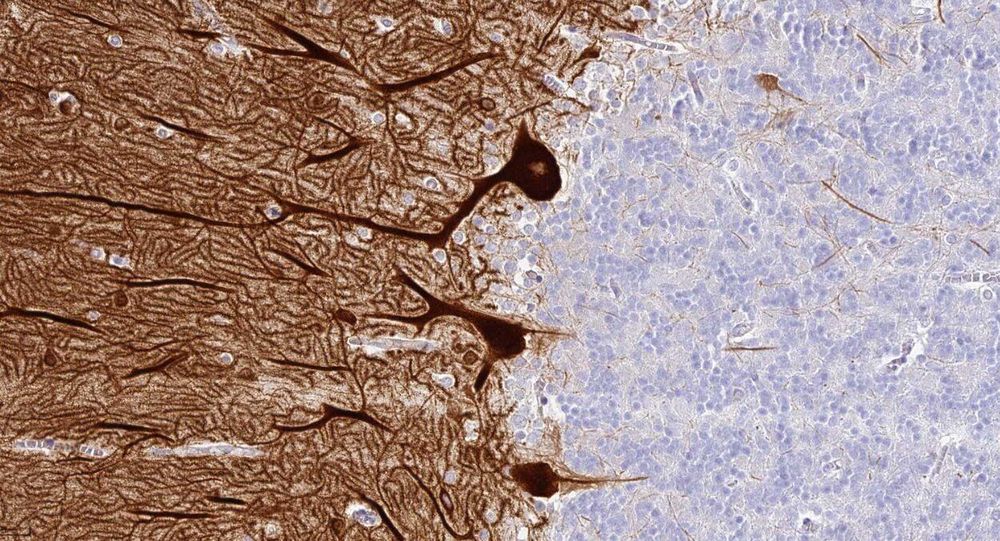Takeda said it has begun development of TAK-888, an anti-SARS-CoV-2 polyclonal hyperimmune globulin (H-IG) designed to treat high-risk individuals with COVID-19.
Takeda’s H-IGs are plasma derived-therapies that have previously shown effectiveness in treating of severe acute viral respiratory infections. Such therapies are designed to concentrate pathogen-specific antibodies from plasma collected from recovered patients or vaccinated donors in the future. By transferring the antibodies to a new patient, Takeda reasons, a person’s immune system can better respond to the infection and increase their chance of recovery.
Two big-name biopharmas—Takeda Pharmaceutical and Alnylam Pharmaceuticals—have separately entered the scramble to develop new treatments for SARS-CoV-2 infection, the virus identified as the cause of the global COVID-19 outbreak. [NIH].







